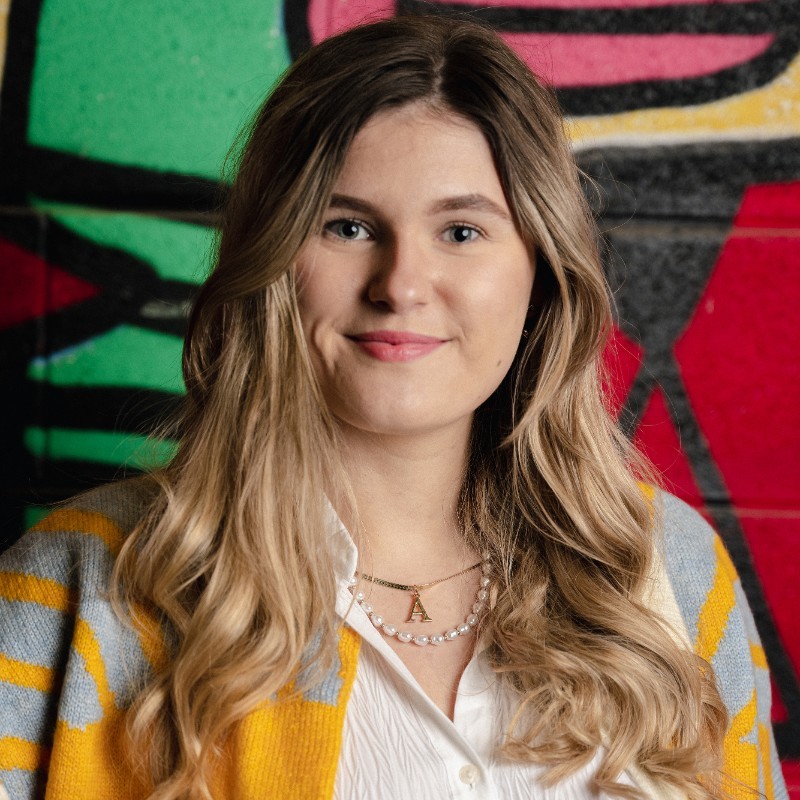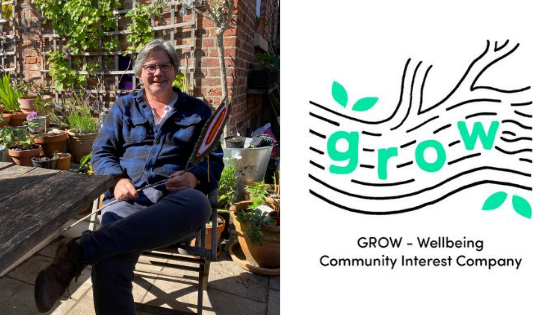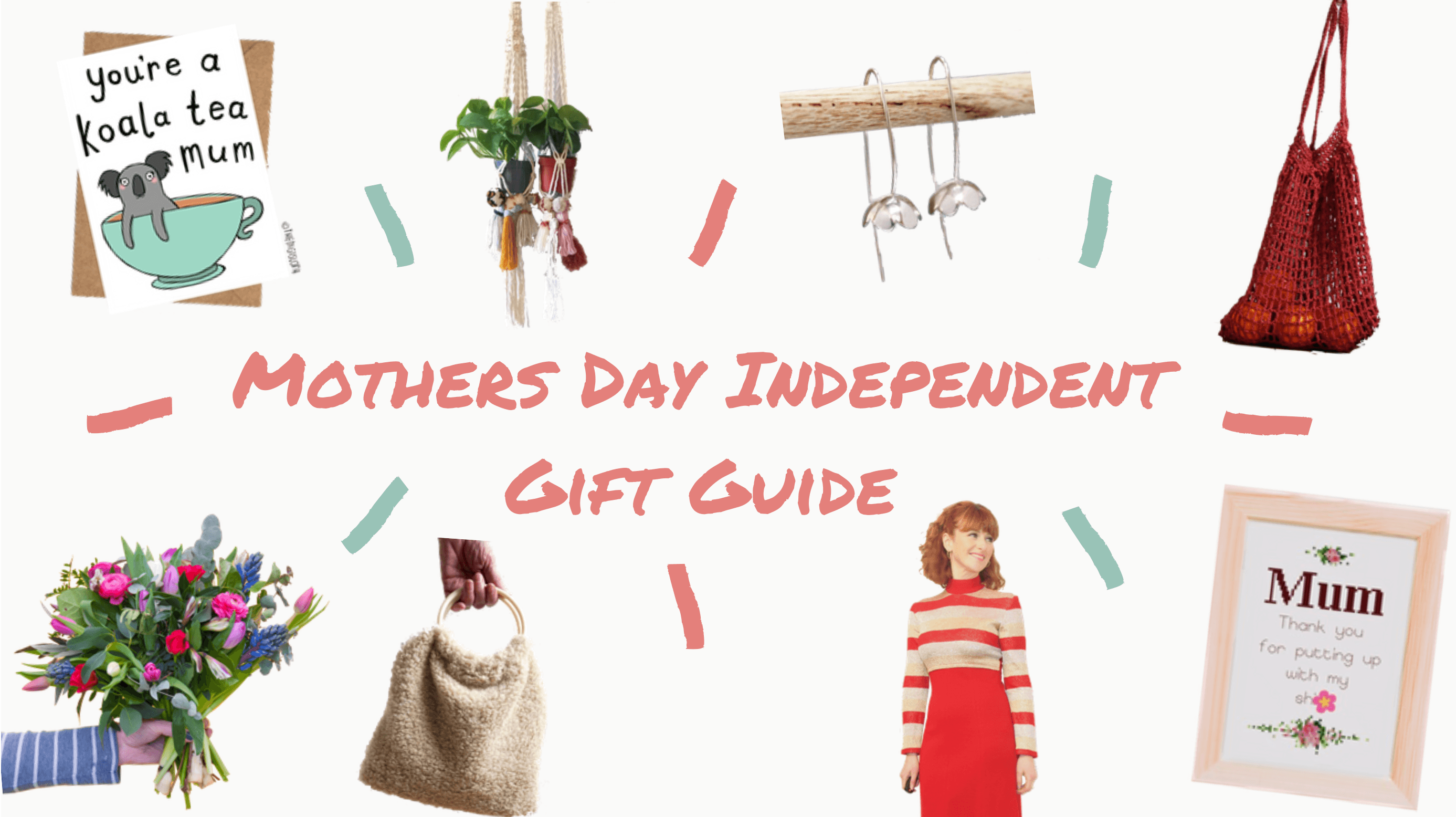For July’s monthly maker I caught up with forest school leader, founder of GROW-Wellbeing, and Make Hamilton resident Duane Chong. Duane was one of our first residents at Make Hamilton, so it was a delight to catch up with him and hear about all of the outstanding things GROW-Wellbeing has achieved in the 18 months since residing at Make and even before that too. If you want to find out more about the wonderful world of forest schooling then be sure to have a read.
Hi Duane! Can you tell us all about yourself and what you do?
I’m a forest school leader and I lead an organisation called GROW-Wellbeing CIC. We provide opportunities to enhance people’s well being through connections with the natural environment. We also work with schools, nurseries and community organisations.
Going back a few decades, certainly in my childhood, there were more opportunities for us to go to the park by ourselves, with friends or siblings, to climb trees and explore the park and fields. There’s lots of research that show how over time our society has become risk-averse, we like to keep our children closer to us than ever before. Forest school is about providing that element of risk, it includes things like shelter building, fire starting and nature art and craft.

What sparked your passion for outdoor learning and forest schools?
I’ve always had an interest and affinity with the outdoors. I’ve worked in community education and children’s services through Sure Start. I’ve also worked in higher education teaching prospective primary school teachers, preparing them for their PGCE. The last five years that I lectured in education, we took the student teachers on field trips into woodlands to show them how they might benefit from presenting the curriculum outdoors and that this can be very effective. During that time, I saw that it wasn’t just beneficial for the curriculum, but the students benefited emotionally and socially from being with colleagues and peers in that environment. I left the university 2 years ago to set up an organisation that could provide opportunities for more people to access the natural environment and enhance their well being.
There has been a growing forest school movement. The notion came to the UK about 20 years ago when some kindergarten teachers went to Norway and Sweden. They saw that some children were outside most, if not all of the day. They were taking risks, using hacksaws, axes, building shelters, and they felt they wanted to introduce that to the UK. However, it’s not a new thing. For over 100 years there have been a lot of educationalists in the UK who had outdoor classrooms and nurseries.
It’s interesting to see the part that outdoors has played in people’s lives during this recent time. There has been a growing interest in getting back to nature and respecting the environment, rather than the destructive approach that our society has had for a long time.
It seems like a great way for those who don’t work as well in a conventional indoor environment to learn and approach things differently.
Yes definitely. For example, we’ve been working with a school in Wallasey since September. There was a boy who had 12 sessions with us and when we evaluated at the end, we asked the children to write what they liked about forest school. He was reluctant at first but eventually, he said he loved being outside, and that he learns much better outside than he does in the classroom. He was afraid to say it in case the teachers reprimanded him, but lots of children learn in different ways and like practical based skills. Forest school is about risks, challenges and problem solving, trying to discover and explore things. You don’t always get that in the classroom.
What is your favourite project you’ve worked on with GROW-Wellbeing?
One of the reasons we established as a community interest company was to reach young people and adults who wouldn’t usually come to forest school or engage in community gardening. For about 18 months we’ve been working on a project with Barnardos Young Carers. Young carers have to take care of their parents in one way or another, and have to take on a lot of responsibility, some are as young as five. As part of the project, we did some forest school sessions with them. The feedback we received was very positive about how they enjoyed meeting other children and playing like children. During the project, provision was made for the parents to be supported so the young carers would know that their parents were okay and they could enjoy themselves. Barnardos has been a really rewarding project to be involved with.

Another great project was with John Moore’s University, they asked us to do a community garden project with the Bronte in Liverpool. Some children didn’t know where a potato came from. They’d never grown anything before so didn’t know about the cycle of food, to go through that process with them was great.
What would your advice be for anyone who wants to set up their own company or portray their passion?
It’s important when you’re setting up to think about what you want to achieve. For us, it was to provide opportunities to groups who wouldn’t usually purchase our services otherwise. I could have pursued my forest school leader route as a sole trader and set up on my own. But I felt that a community interest company was a better fit for us because of groups like the young carers who wouldn’t have usually attended one of our sessions. I wanted the company to be able to apply for grant funding or be commissioned by other organisation as John Moores did for us. Setting up as a community interest company was the right route for us.
It’s important to get the right advice and speak to business advisers like the Chamber of Commerce, and places like Make. Make CIC is a very knowledgeable and experienced community interest company who can also give you some advice. But setting up as a community interest company might not be right for everybody, it’s about getting the right advice.
What is GROW-Wellbeing working on next?
Back in October, we ran a trial women’s well being workshop. Although I founded GROW-Wellbeing, we employ sessional staff who are forest or nature school leaders or horticulturists. We bring them in to work on our projects. We ran a women’s well being workshop, and I took a behind the scenes role. In the session, we had yoga, weaving, meet a tree, all outdoors in the Callister Trust Graden in Oxton. The women embraced it. We made a big pan of vegetable soup over the campfire and had marshmallows at the end of the day. The women involved gave us feedback and said they benefited from the session and loved it. Because it went so well we wanted to run some of these well being workshops more regularly (before lock down). As we come out of lock down, we must have these opportunities for women and men and families too.
We would normally have family workshops during the summer holiday time, so we’re looking forward to running more well being workshops and helping people recover from what’s happening right now. The pandemic may have a negative impact on people’s well being so we’re looking at some things to put in place that people will benefit from.
We are a peripatetic service, working in schools and nurseries. We deliver lots of our sessions at Tam O’Shanter Woodland Farm in Bidston. But we’re looking for a piece of land to use as a base for our activities and build a community. A place to grow food, vegetables and have people involved in that.
Tell us something interesting you’ve recently discovered or learnt
I think that during this time, more people have come to appreciate the park, the garden, the beach, birdsong, flowers. Accessing nature in a way that they haven’t before. The value of nature connection seems to have increased. I think what GROW provides will be even more important in the months and years ahead. In Scotland, they want to look at a model for reopening schools that prioritises outdoor learning. It’s nice that people’s appreciation has increased for nature, long may it continue.
What’s it been like having a studio at Make?
It’s been great having space at Make Hamilton. Before Make our business was about 12 months old and we had accumulated a lot of equipment and resources, most of it was in my basement, hallway and dining room. I bumped into Liam on the ramp of Make Hamilton on the day that you got the keys, which was serendipitous. Not having all of the kit in my house has been good. The studio has also been a base for us to use it for resources, cleaning things up after sessions, dropping things off and to have meetings in. So it’s been great for our business.
It’s also been good to be part of a building, to see and chat with other tenants and the Make team too. It’s good to feel like Make has got your back, I feel supported as a tenant of Make. Make has been lobbying on behalf of its tenants to get grants from local authorities to support those businesses, to maintain them and keep them going.
Where can people find your services?
Website – www.grow-wellbeing.com
Follow us on Instagram, Facebook and Twitter
We have bookable sessions on our booking page – check them out
Send me an email duane@grow-wellbeing.com GROW is open to working with others.
Interested in joining the Make Community?
We’d love to have you! Find out more about our studios here or drop us a line at hello@makecic.org.
Be sure to follow us on Instagram, Facebook, and Twitter and sign up to our mailing list to stay up to date.











